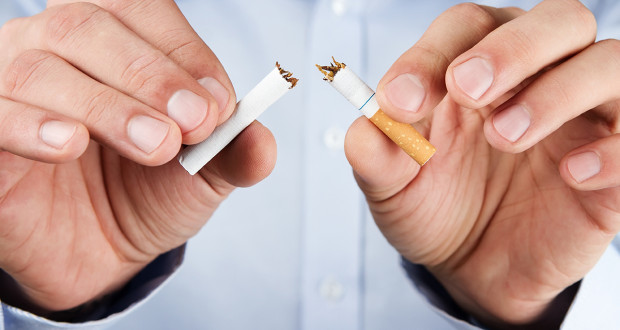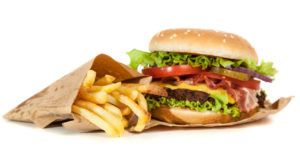Book Review: Making Habits, Breaking Habits: Why We Do Things, Why We Don’t, and How to Make Any Change Stick
Author: Jeremy Dean
256 pages, Da Capo Lifelong Books, $15.99
The first order of business for Dean in Making Habits, Breaking Habits is to refute the idea that change can happen in 21 days. He lists various self-help books that suggest people can make rapid and significant lifestyle changes, such as eating healthier or shopping thriftier. Referencing a study carried out at the University College London, Dean maintains that new habits can be formed approximately after 66 days. However, this may vary depending on the complexity of your goal.
Although this book uses a variety of scholarly articles, it is references to popular culture that makes Making Habits, Breaking Habits easily accessible for the everyday reader. Because Dean provides a relevant example for almost every study he mentions, it’s quite simple to relate and reflect on similar experiences in our own lives. At one point he even uses an episode of The Simpsons, Greek philosopher Epicurus, and a Harvard University study to not only show why happiness is often fleeting, but also how it can be made to last. Dean wants the reader to understand the ‘what’ and ‘why’ of habits and habit change before he provides the ‘how’.
Making Habits, Breaking Habits is divided into three sections: “The Anatomy of Habit”, followed by “Everyday Habits” and finally “Habit Change”. Dean discusses an array of habitual behaviors, including smoking, drinking, internet usage, travel, eating, exercising, creative thinking, and positive attitudes. This diverse subject matter enables Dean’s book to appeal to a wide range of readers
What makes this book so helpful is that Dean provides multiple suggestions to implement specific changes. He is aware that readers come from all walks of life, so it is possible that “implementation intentions” may work for some while “mental contrasting” works for others. If you don’t understand the meaning of these terms, fear not; Dean not only details these procedures, but provides scientific and everyday examples to show how they work.
Habits and habit change stem from both the unconscious and our surrounding environments. Dean suggests that to make or break a habit, we must first become conscious of our behavior. Suppose your goal is to change your travel habits when covering short distances. Rather than driving, you might choose to instead ride a bicycle. By consciously trying to change a habit, we can attempt to break the “automaticity” of daily life. What makes this difficult is that our minds can wander and lose focus, making it challenging to not revert to autopilot. For example, because we rely so heavily on cars you can easily drive to certain locations without realizing you had originally intended to ride your bicycle.
The lessons in Making Habits, Breaking Habits are easily applicable to everyday life, and Dean’s straightforward writing style makes for brisk reading. Despite these qualities, the book still leaves something to be desired. Consider that the final chapter, “Happy Habits”, focuses on the idea that new habits should occur only when the ultimate goal is happiness. While this is a sound argument, the ending of the book never really answers the question posed in the first chapter – “If we want to make a change, how easy will it be”? Perhaps the answer largely hinges on your overall personality. Those with “glass half empty” attitudes may have to revamp their outlook on life before they can start making and breaking habits. Nevertheless, this book is full of useful information, even if not all of our questions are answered. Ultimately, Jeremy Dean’s book could prove very helpful to those looking to make significant changes to their daily lives.
 Natural Knowledge 24/7 Educate yourself with nutrition, health and fitness knowledge.
Natural Knowledge 24/7 Educate yourself with nutrition, health and fitness knowledge.






